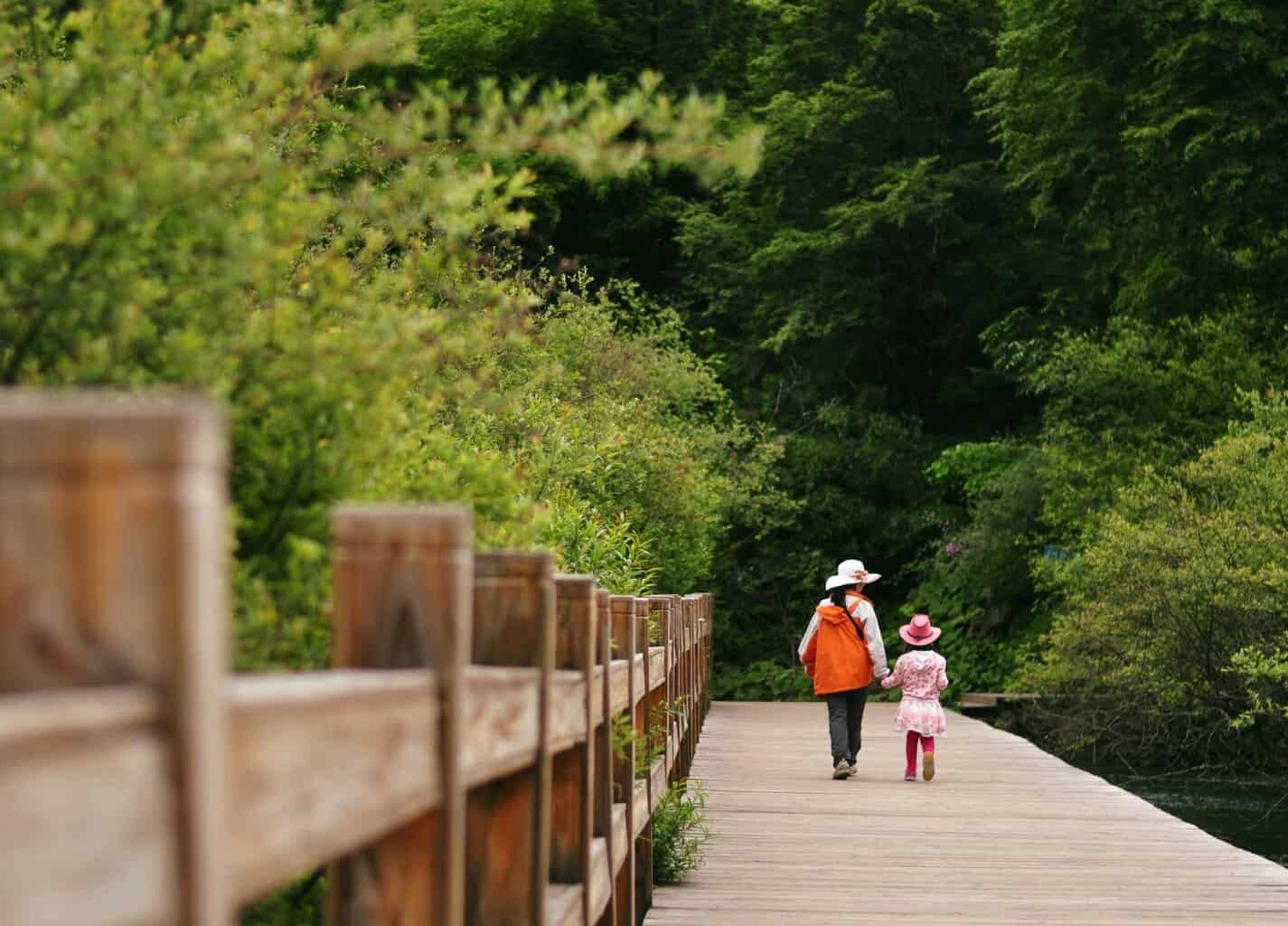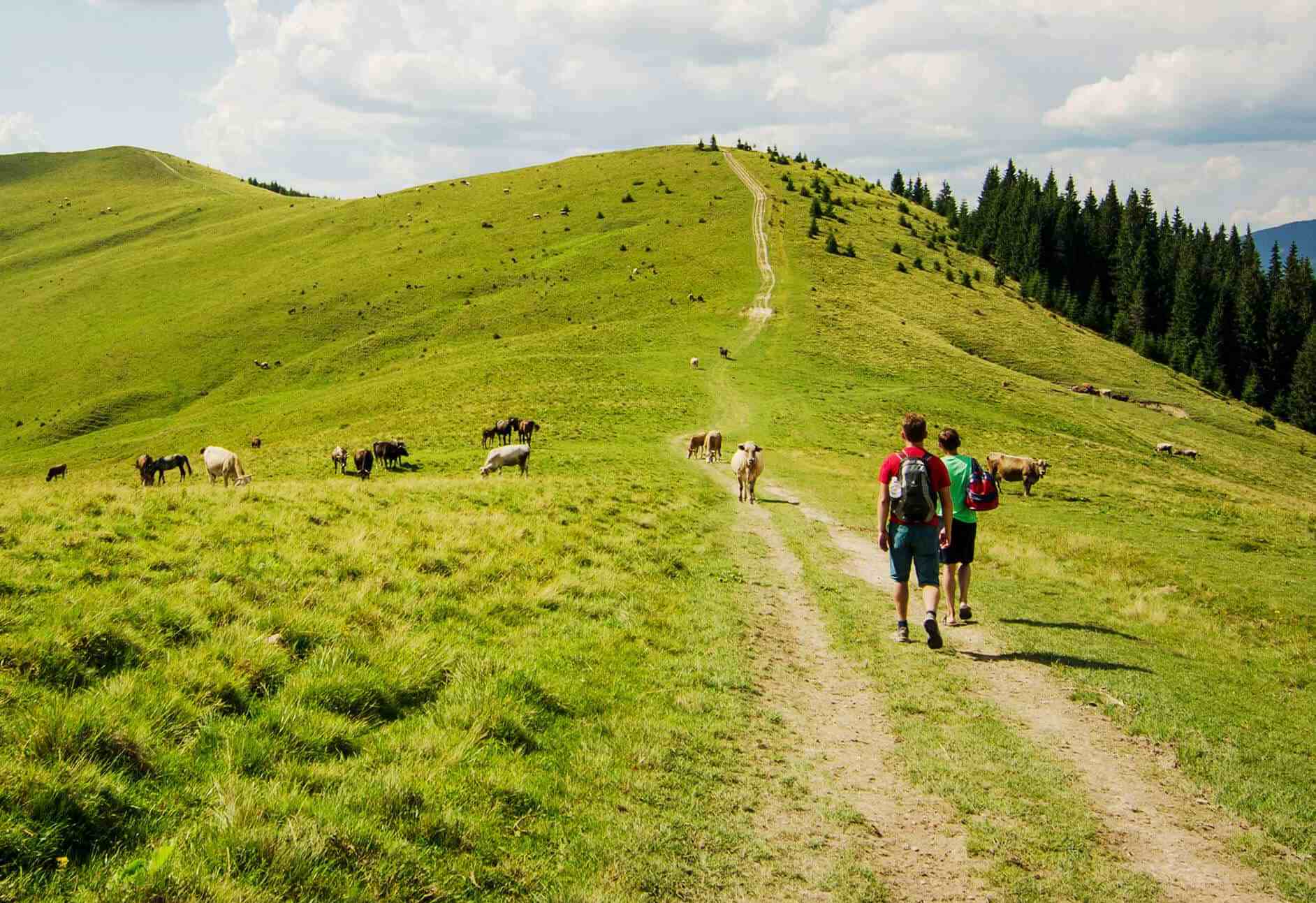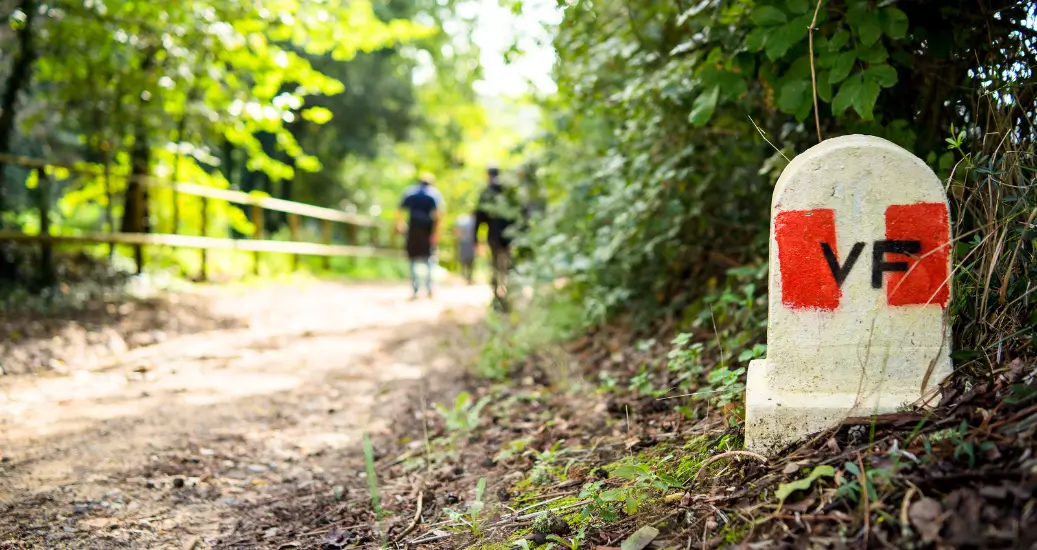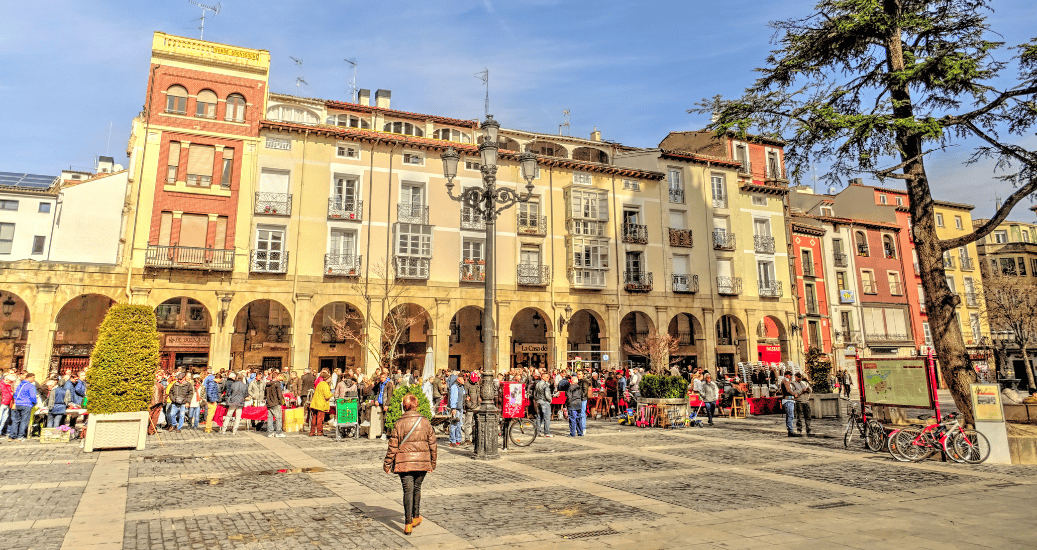In this episode of our talk series, Umberto di Venosa, CEO of Follow The Camino did a Camino Talk with Jean Louis Aspirot from the Saint Jean Pied de Port Pilgrim’s Office.
Jean-Louis is in charge of the Saint Jean Pied De Port pilgrims’ office and is general secretary of the Pilgrims’ Association of the Pyrénées-Atlantiques, the region around Biarritz.







